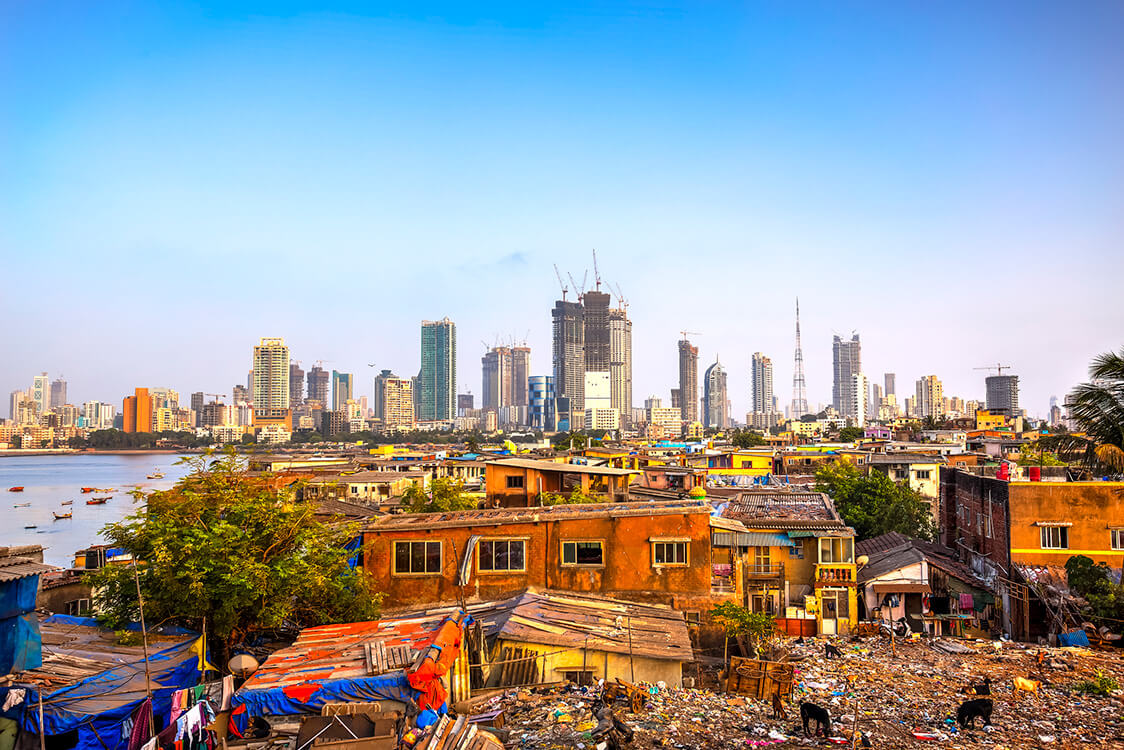By the SMU Social Media Team
From stories about the shortage of cockles affecting our local laksa and char kway teow, to the bright blue parrot made famous in the animated film Rio going extinct in South America, climate change and its effects have been appearing heavily in the news in recent times. In response, efforts have ranged from the small-scale like individuals buying metal straws and bottle-less shampoo, to large corporations vowing to “Go Green”.
But social changes never come easy. Sceptics have questioned if small-scale actions such as stopping the use of plastic straws and bags amount to any impact at all. For others, the perceived monetary cost and inconvenience of lifestyle changes just don’t seem worth the effort. And then there are the non-believers who simply roll their eyes at the mere mention of climate change.
For the most part, there is still much convincing to be done. Yet, as time is running out to save our planet, is generating awareness enough to counter climate change?
To find out more, we spoke to Assistant Professor of Psychology Kimin Eom from the Singapore Management University (SMU) School of Social Sciences, who shared about the findings he and fellow researchers published in a paper titled, “Social class, control, and action: Socioeconomic status (SES) differences in antecedents of support for pro-environmental action examining the correlation between SES and support for eco causes”, for the Journal of Experimental Social Psychology.

SMU Assistant Professor of Psychology Kimin Eom
According to the professor, his research was sparked by a realisation that when it came to approaching societal challenges such as climate change, most strategies were limited to informing and educating people on the issues. “Many reports and research show that this approach may not always be successful in bringing about a significant change in behaviours, although it may be successful in increasing awareness,” explains Asst Prof Kimin.
“In other words, awareness of environmental problems is not always connected to pro-environmental action. We wanted to find out when, why, and for whom this awareness–behaviour disconnection occurs,” he adds.
Over the course of the study, they collected data through various methods including an online experiment, the analysis of national representative samples in the US, and a field study comparing the beliefs and actions of people belonging to both low and high socioeconomic status (SES) groups.
What they found was that someone of high SES is usually more likely to act in favour of sustainability than someone of low SES, even if both were made aware of climate change. This appears to come from the fact that people of high SES tend to feel more in control of their lives, he suggests.
“Lower SES and higher SES individuals differ in terms of social and financial resources they possess in their lives. This difference makes them psychologically different… More specifically, when people live in an environment with scarce resources, they are less likely to express their attitudes and thoughts via behaviour,” explains Asst Prof Kimin.
That doesn’t mean the responsibility for tackling big social issues like climate change should be left for people of high SES to solve, of course. Especially since data has shown that people of low SES are actually the ones who would be more vulnerable to its negative effects.
Furthermore, it was found that support for pro-environmental actions by higher SES individuals lies primarily with those who believe strongly in climate change. When it comes to high SES individuals who do not believe in climate change, however, they tend to be consistently stronger advocates against climate change policies.
What is clear from the research, is that individuals with diverse backgrounds are likely to perceive and react to environmental issues differently given their varying priorities and influences. But if policymakers, activists and organisations are hoping to increase pro-environmental support at all, it is crucial for them to put in the work to better understand the psychology of the different audiences they are reaching out to.
Given the research, Asst Prof Kimin recommends focusing efforts in educating people of higher SES on the urgency of climate change and the impact of their choice, to more effectively encourage behavioural changes. As for those belonging to lower SES, the awareness and education approach might not be enough. Asst Prof Kimin suggests that changing social norms surrounding environmental action might actually be the more effective approach.








